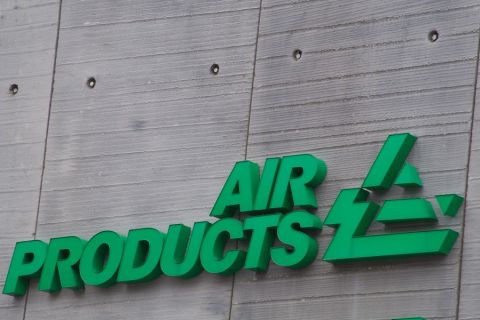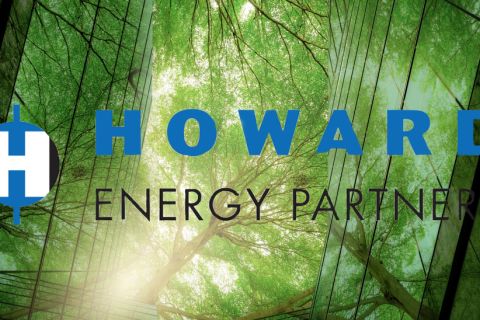Oil and gas companies operating in Texas might want to put more thought into ways to reduce water usage in their operations. Lawmakers are pondering a bill that would charge a per-barrel fee for wastewater disposed of in commercial injection wells. If approved, the bill – proposed by Rep. Lon Burnam (D-Fort Worth) – would become effective Sept. 1, 2013. There were about 290 MMbbl of waste injected per month into all commercial disposal wells statewide in fiscal year 2010, the most recent year for which data were complete, according to the Texas Railroad Commission. If the bill becomes law, fees collected could generate about US $34.8 million in revenue, which would go to the state’s Oil and Gas Regulation and Cleanup account. However, a limit on the account’s fund balance would impact exactly how much goes into the account. “This penny-a-gallon fee is not enough to cover the difference between recycling and not recycling from [fracturing], but it does put a thumb slightly on the scale,” Conor Kenny, chief of staff for Burnam, told Houston Chronicle’s FuelFix. “Every time someone writes this check, it forces them to think about how they could have used a less-water-intensive method of [fracturing] or how they could have recycled it and used it again.” Although this bill would add regulation and bring in money, the effort appears well-intentioned if the primary goal is to promote water recycling. The proposal puts emphasis on the need to conserve water and highlights the importance of water management. Even though it does not cost operators in Texas as much as it does in other states to dispose of wastewater using injection wells, recycling fracture water reduces the need to purchase more water. It also lowers costs associated with hauling wastewater. These were among the points mentioned by OriginOil executives who recently stopped in the Houston area to showcase the company’s oil and gas fracture water-cleaning system. Water recycling is good news for companies like OriginOil, Resirkulere, and Halliburton, all of which have various systems and processes that clean fracture flowback water enabling it to be recycled. These water management efforts should be commended. Now, it is up to oil and gas companies to weigh the benefits of such offerings to their operations. As of April 8, 2013, the bill was pending in the House Energy Resources Committee. Contact the author, Velda Addison, at vaddison@hartenergy.com.
Recommended Reading
TPG Adds Lebovitz as Head of Infrastructure for Climate Investing Platform
2024-02-07 - TPG Rise Climate was launched in 2021 to make investments across asset classes in climate solutions globally.
Air Products Sees $15B Hydrogen, Energy Transition Project Backlog
2024-02-07 - Pennsylvania-headquartered Air Products has eight hydrogen projects underway and is targeting an IRR of more than 10%.
NGL Growth Leads Enterprise Product Partners to Strong Fourth Quarter
2024-02-02 - Enterprise Product Partners executives are still waiting to receive final federal approval to go ahead with the company’s Sea Port Terminal Project.
Sherrill to Lead HEP’s Low Carbon Solutions Division
2024-02-06 - Richard Sherill will serve as president of Howard Energy Partners’ low carbon solutions division, while also serving on Talos Energy’s board.
Magnolia Appoints David Khani to Board
2024-02-08 - David Khani’s appointment to Magnolia Oil & Gas’ board as an independent director brings the board’s size to eight members.





